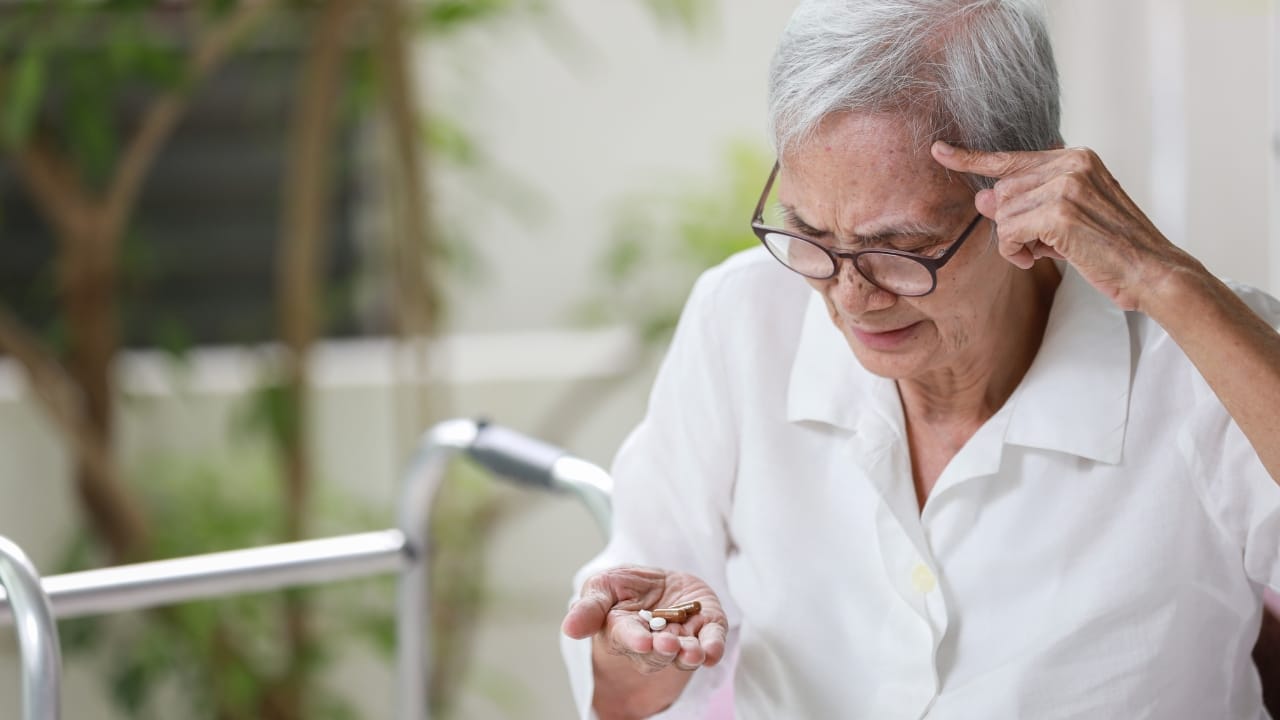Rethinking Aging: Indigenous Populations Challenge the Inflammation Theory - Could Lifestyle Be the Key?

For decades, the prevailing scientific view has been that inflammation naturally rises with age, acting as a silent driver of age-related diseases like heart disease, dementia, and diabetes. It was seen as an unavoidable consequence of getting older. However, a groundbreaking new study focusing on Indigenous populations is shaking up this long-held belief, suggesting that aging and inflammation might not be inextricably linked.
The research, published in a leading scientific journal, examined the health and aging patterns of several Indigenous communities around the world. These communities, often characterized by traditional lifestyles, diets, and strong social connections, exhibited remarkably low levels of inflammation even in advanced age. This stark contrast to the typical aging process in Western societies prompted researchers to question the universality of the inflammation-aging link.
Why are Indigenous Populations Different?
The study points to several potential factors contributing to this phenomenon. Traditional diets, rich in whole foods, fruits, vegetables, and lean proteins, are significantly lower in processed foods, sugar, and unhealthy fats—all known to fuel inflammation. Furthermore, the active lifestyles common in many Indigenous communities, involving regular physical activity and engagement with nature, likely play a crucial role.
Beyond diet and exercise, social and cultural factors are also believed to be important. Strong community bonds, a sense of purpose, and reduced stress levels—often prevalent in these communities—can have a profound impact on overall health and well-being, potentially mitigating inflammation.
The Implications for Aging Research
This research has significant implications for how we understand and approach aging. It suggests that inflammation might not be an inevitable consequence of aging but rather a result of modern lifestyle factors. If this is the case, it opens up exciting new avenues for intervention.
Instead of solely focusing on treating age-related diseases after they develop, researchers can now explore strategies to prevent or delay the onset of inflammation through lifestyle modifications. This could involve promoting healthier diets, encouraging regular physical activity, fostering social connections, and managing stress effectively.
What Can We Learn?
While more research is needed to fully understand the complex interplay between aging, inflammation, and lifestyle, this study offers a valuable lesson. It highlights the importance of adopting a holistic approach to health and well-being, recognizing that factors beyond genetics play a crucial role in how we age. By learning from Indigenous communities and embracing lifestyle choices that prioritize health and connection, we may be able to redefine what it means to age gracefully and live a longer, healthier life.
The findings encourage a shift in focus from simply managing age-related diseases to proactively preventing them through lifestyle interventions, potentially revolutionizing the field of gerontology and empowering individuals to take control of their aging journey.





